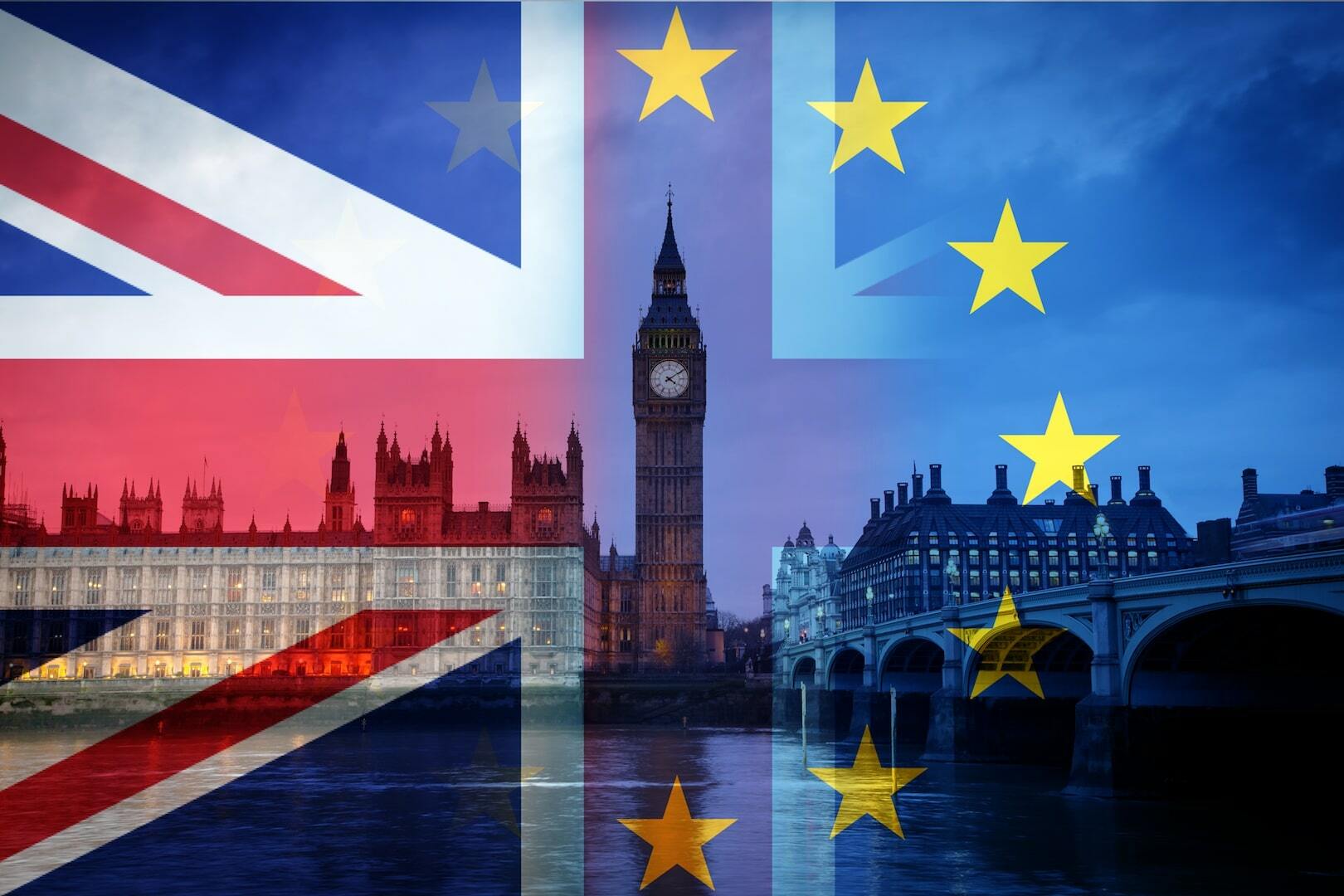The United Kingdom formally exited the European Union on 31 December 2020, around four years after the ‘No’ vote was cast.
And now today, China has replaced Germany as the UK's largest importer.
Since the beginning of 2018 to 2021's first quarter,imports into the United Kingdom from China skyrocketed by 66 per cent. Meanwhile, imports from Germany fell by a significant 25 per cent.
Why? Well, it’s partly due to UK trade with the EU collapsing because of Brexit. Complex regulations and changed paperwork requirements led to a massive stall in UK-EU trade, fuelling increased trade with the Asia Pacific.
In this blog, we’ll outline how Brexit is impacting UK imports from China, and what you can to adapt.
How has Brexit impacted UK imports from China?
Primarily, Brexit has contributed to a massive boosting of imports from China to the United Kingdom.
“The UK has imported more goods from China than from any other country since Quarter 2 (April to June) 2020.”
- Office for National Statistics, United Kingdom
Traditionally, the UK traded with the EU because of the advantages it reaped from its position as an EU nation.
But not anymore.
Brexit caused an absolute thunderstorm for UK importers that made trading with the EU much less desirable.
UK is now no longer a part of the EU Single Market or the EU Customs Union.
Instead, the UK landed a Trade and Cooperation Agreement with the EU. This arrangement consists of a Free Trade Agreement which has now put preferential measures in place for the trade of goods and services.
But it was not all rosy. There were very early reports of frustrating shipping delays and falling EU exports since the withdrawal, with changing regulations and customs clearance requirements causing major headaches for businesses on both sides of the transaction.
New rules of origin were introduced, EU trade agreements simply ceased to apply, new customs declarations were required to be made and new licencing obligations also came into effect. The whole system became rife with uncertainty.
At the same time, there’s been a growing demand for Chinese textiles (to be used in items like face masks and personal protective equipment to stop the spread of COVID-19).
There’s also been increased demand for electrical goods in China that the UK population used during lockdown.
Not a short-term impact.
Prime minister Boris Johnson stated that disruption to EU trade was due to short-term “teething problems”.
But some experts disagree.
New high permanent trading costs with the EU has now meant businesses will lose money and face increased costs in the face of a changed trading environment.
After Brexit, UK imports from China set to rise even more in 2021.
Brexit, the Coronavirus and the statistics from 2020 and early 2021 have planted the seeds for continued imports in the UK from China.
- By the end of 2020, Chinese imports into the UK dramatically increased - largely due to rising demand for electronic machinery like telecommunications equipment.
- There was also a boost in the UK for demand for Chinese textiles – mainly for COVID-19 safety equipment like PPE and face masks.
- China was the first major economy in the entire world to recover from the pandemic.
- China was the only major economy with an actual trade growth in goods in 2020.
- UK imports from China strengthened in early 2021, fuelled by demand for imports of clothing and footwear.
If UK importers want to continue trading with Germany and the rest of the European Union, they’ll need to get across all the new regulations Brexit has introduced.
Failing to do so will certainly lead to delays (and possibly extra costs). But most fundamentally, UK importers are now facing the risk of being hit with tariffs.
We advise UK importers to find new horizons and seek to source their goods from other countries, such as Asia.
Any savvy UK importer would now know why: the new rules of origin. To seize any advantage of zero tariffs under the new Brexit regime, goods imported must contain a high percentage of parts (or ‘value-added’) that “originates” in either the UK or the European Union.
This is especially tricky, because items are very often originally produced in Asia - the result? A tariff.
The better choice for many UK importers will be to cut out the middleman and import directly from the source: an Asian supplier.
Source your next supplier from China
One of the best strategies UK importers can adopt is to take advantage of the increased UK imports from China and expand their horizons.
This means looking for suppliers outside of Europe, such as Asia (and particularly China).
That’s where we can help you.
At The Sourcing Co, we help companies across the USA and the UK find premium, ethical and reliable suppliers throughout the Asia Pacific – in places like China and Vietnam.
We’re a sourcing company with unrivalled expertise in our field, having developed strong relationships with some of the best suppliers throughout the Asian continent.
If you’re a UK importer seeking to expand your horizons, get in touch with us today.
We'll help you conceptualise the product you're seeking to source, all the way through to finding your perfect supplier and shipping your goods in the most cost-effective way possible.
